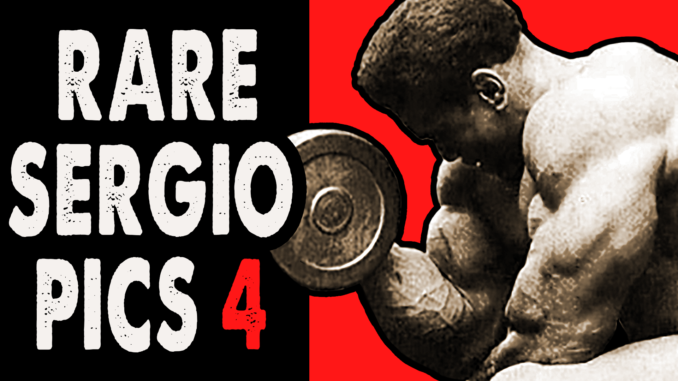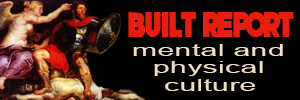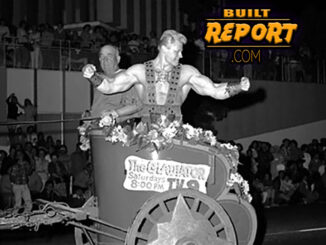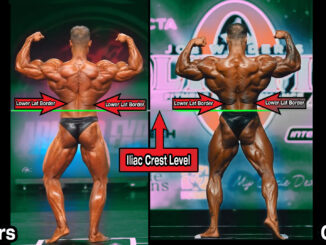
Sergio on defecting from Cuba
I wanted to come to the United States, but several of my friends wanted to come in on the boat, and to tell you the truth I never liked this idea. I’m not such a great champion that I would fight the sharks. I am scared of death. I don’t care; call me chicken if you want. I don’t deal with that.”
Sergio on his path to America
In Cuba, they didn’t have bodybuilding competitions. Now any other sport, and weightlifting yes, but not bodybuilding. So this is how I managed to get out of Cuba, on the weightlifting team, and when I came to the United States I continued competing in weightlifting and won everything. But always I have had my favorite, which was bodybuilding.”
Sergio on hard work
“When I was finished working in the foundry I would go to the Duncan YMCA and do my workout for another brutal three hours. Then I would go and spend one or two hours in English classes at night. By the time I got home, I just eat and drop-dead until the next day.”
Sergio Oliva’s foundry work
Upon Sergio Oliva’s relocation from Miami to Chicago, he found himself immersed in the rigors of labor within a factory setting, an arena far removed from the realms of ease. Yet, amidst the clangor of molding molds for diverse industrial purposes, including the intricate shapes demanded by the tire industry, Oliva maintained an unwavering commitment to his training regimen. The world of bodybuilding, with its demands of competition and relentless training, often catered to those of means—individuals blessed with stable employment, financial support from family, or the luxury of not working. In stark contrast, Oliva’s circumstances stood in defiance of these privileges.
Upon his arrival in Chicago, Oliva sought employment in a foundry, where he toiled in the grueling task of molding molds. This occupation promised substantial financial returns, yet it demanded a toll in sweat and endurance. The environment, reaching temperatures as high as 500 degrees during the scorching summer days, deterred many from embracing such labor. Oliva vividly recounted the scenes of comrades collapsing in the blistering heat, reviving only through the aid of smelling salts—a testament to the challenging conditions.
Enduring 12 to 14-hour workdays, Oliva’s relentless pursuit of excellence extended beyond the foundry walls to the gym. His daily routine began at six in the morning, traversing the realms of strenuous labor and rigorous exercise. The pattern continued with an unwavering commitment to self-sufficiency, as he returned home to prepare his own meals. The rhythm of this demanding existence culminated with the consumption of his evening repast, marking the end of each day.
His reprieve came only on the weekends—Saturday and Sunday—while the weekdays unfolded like a relentless battleground. In a pivotal decision, Oliva transitioned away from the foundry, seeking the frigid confines of a meat company, where the cold became his new adversary. The toil persisted, and it wasn’t until he embarked on nocturnal language classes, a testament to his relentless pursuit of self-improvement, that he found a potential escape from the physically taxing labor.
The turning point arrived in 1976 when Oliva, armed with linguistic prowess and an unyielding spirit, set his sights on a new ambition—to become a police officer. Passing the police department test marked the initiation of his law enforcement career, an endeavor he pursued with the same tenacity that defined his journey through the foundry and the meat company. Oliva’s ethos was clear: self-sufficiency, independence, and the freedom to chart his own course. As a police officer, he found the autonomy he sought, embodying the very essence of his unwavering spirit.




Be the first to comment